There Are One Million Unemployed Graduates In Iran: Official
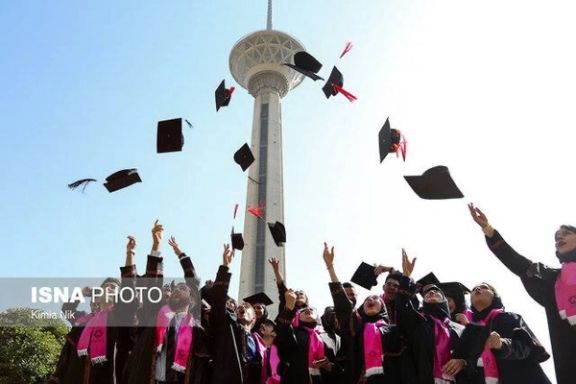
One million graduates are unemployed in Iran as the economy plunges to its lowest depths.

One million graduates are unemployed in Iran as the economy plunges to its lowest depths.
According to the Iranian Statistical Center, university graduate unemployment rates stood at 12.8% in the fourth quarter of last Iranian year (Dec. 22, 2022-March 20), and 37.2% of the total unemployed population, which was down 0.9% from last year.
In the midst of the women-led revolutionary movement, the unemployment rate for men with higher education qualifications stood at 9.2%, while the rate for women remained around 20.9%.
A total of 2.52 million Iranians were unemployed in Q4, according to the Statistical Center. Men’s unemployment stood at 8.5% while the rate for women hovered around 15.7%.
Male and female graduates' unemployment shares from the total unemployed population were 25.3% and 70.3%, respectively.
There are numerous figures about Iran’s unemployment rate, ranging from the IMF which puts it at about 11 percent to other sources who report it to be over 20 percent.
Part of the huge difference in numbers might be due to the government’s definition of employment. The Islamic Republic considers anyone who works for one hour a week as employed, which means that the government greatly overestimated the number of those in full or even part-time employment.
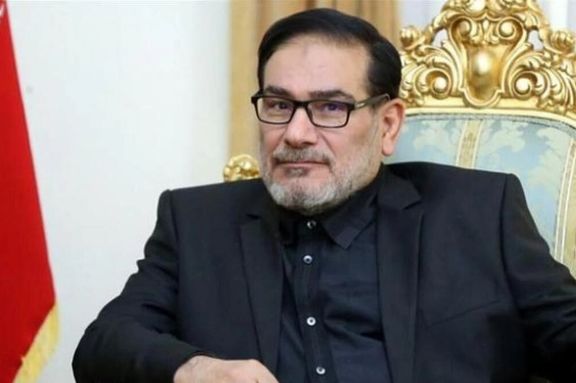
The resignation of Ali Shamkhani, Secretary of Iran’s Supreme National Security Council appears imminent, a website close to him reported late Sunday.
Nournews, believed to reflect Shamkhani’s views published a short news saying that a tweet by the long-time regime insider shows that his resignation is “certain.” The website did not provide any further details.
Official sources or government media have not reported or confirmed Shamkhani’s resignation.
Shamkhani was appointed in his position in 2013, Prior to that he was defense minister and commander of Iran’s army and IRGC navies. He was a member of the Revolutionary Guard from the early days of the revolution and has been serving as advisor to Supreme Leader Ali Khamenei.
In recent weeks there were rumors about Shamkhani stepping aside as Secretary of the security council, although he was dispatched to China in early March to sign an agreement with Saudi Arabia to restore diplomatic relations after seven years of tensions and frictions.
There have been many rumors and accusations about Shamkhani’s sons owning many businesses, including large shipping companies.
Other unconfirmed reports said that he will likely be replaced by Gen. Ali-Akbar Ahmadian, or perhaps by Gen. Rahim Safavi, both long-time high-ranking IRGC officers.
Ahmadian, 62, with the rank of Vice-Admiral served as Chief of Islamic Revolutionary Guard Corps (IRGC) Joint Staff in 2000s and later as head of IRGC’s strategic center.
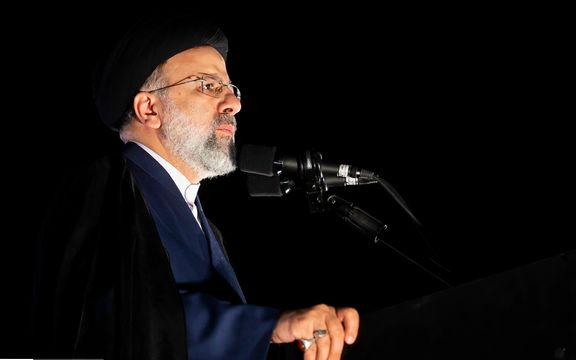
An Iranian lawmaker says President Ebrahim Raisi’s administration is incapable of controlling inflation although it had a far greater revenue than its predecessor.
The member of parliament’s national security, Shahryar Haidari, attributed the weakness to the Raisi administration's inefficiency.
"While government revenues increased under President Raisi's government, it did not manage the resources as efficiently as the previous government [of President Hassan Rouhani] that had succeeded in controlling inflation to some extent…," Haidari said.
However, he did not mention that the Rouhani administration had more access to the national foreign currency reserves although both governments are accused of wasting the national savings.
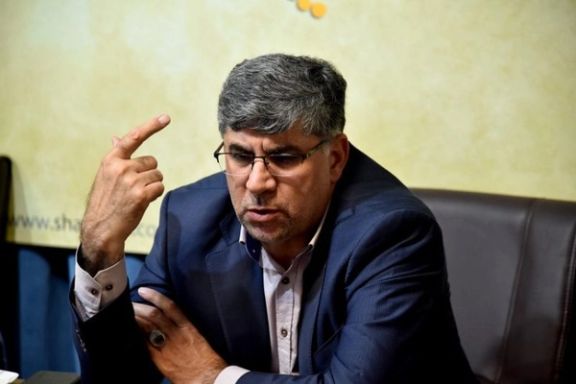
Recent statements by officials revealed successive governments spent $140 billion of Iran’s National Development Fund in 15 years, with the Rouhani administration in power for eight years.
On the other hand, the current government's "better financial status" is based on claims by its officials about rising oil exports, while economists, politicians and the media have reiterated every now and then that, the government has not been able to repatriate the hard currency for selling the oil at a price discount of 30 to 40 percent.
Haidari also praised the Rouhani administration for handling the negotiations over the revival of the 2015 nuclear deal more efficiently thanks to its capability and experience without undermining Iran's interests. Meanwhile he criticized the current government's diplomatic weakness.
The lawmaker argued that although not all of the country's problems are linked to sanctions and JCPOA nuclear talks, yet the situation could improve by 70 percent if the negotiations reach positive results.
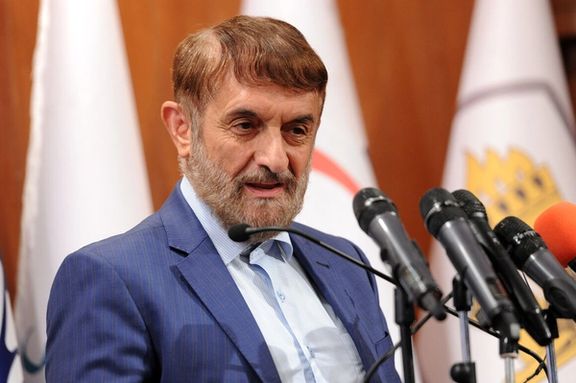
In recent days, first, an adviser to Supreme Leader Khamenei, Ali Aghamohammadi, who is also a member of the Expediency Council admitted that the country's economic situation is far less than desirable and that as a result "at least 19.7 million Iranians are deprived of proper housing, employment, medical care, food and clothing."
Later, former Telecommunications Minister Mohammad Javad Azari Jahromi criticized the Raisi administration for failing to stand by its promises of mending social divides, halving the inflation rate and immediately solving problems with the country's investment market. He pointed out that Raisi has lost a lot of his over two million followers on Instagram.
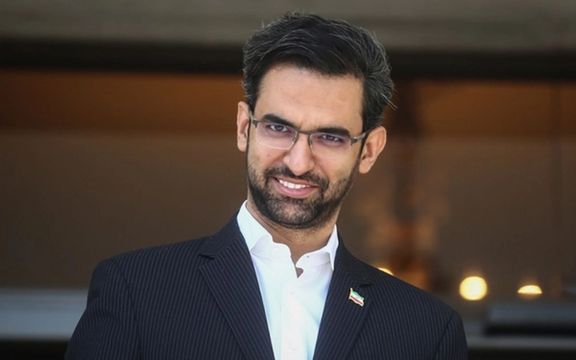
On Saturday, hardline daily Kayhan, whose editor is appointed by Supreme Leader Ali Khamenei and usually fully and unjustifiably defends the Raisi administration, shyly but openly criticized exiting economic conditions and wrote: "The people's economic situation has not improved under the new government. The cost of housing has continuously grown, and the price of essential commodities have increased, putting the people under pressure."
The Kayhan reiterated that "prices in the market in Iran reflect a chaotic situation." The daily added that the Islamic Republic cannot tolerate rising popular dissatisfaction. The economic problems of low-income Iranians is part of the country's realities, and the Islamic Republic and the ideology of late Ayatollah Ruhollah Khomeini and Supreme Leader Khamenei call for improving the economic situation in the interest of low-income Iranians." However, the daily stopped short of suggesting how this can be done.
The hardliner daily, as many other media outlets and public figures in Iran, steered away from pointing to US sanctions as the main reason for the economic crisis, and the need for an agreement with Washington.
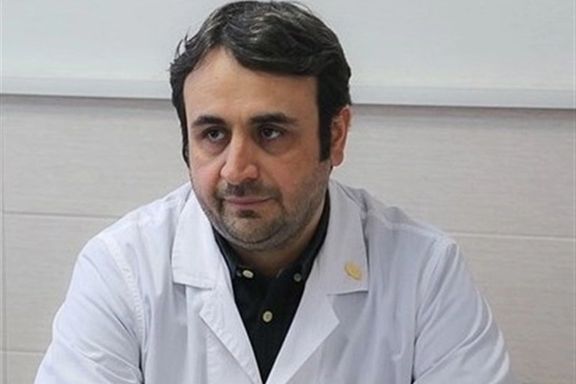
Sperm and egg donation can only happen in Iran if allowed by a religious fatwa, the Islamic Republic health ministry has decreed.
Deputy Health Minister Saeed Karimi said Sunday that the issue of egg and sperm donation to help infertility is beset with both legal and Sharia complications.
He said that the ministry is trying to reach a consensus based on "various fatwas" to announce a legal directive.
But the regime’s stance will be a desperate blow for many families and couples struggling to have children.
Donating sperm and eggs with the aim of helping the fertility of those who need help for various reasons has been legal in many countries for many years.
Head of Iran’s Scientific Association of Women and Midwives, Azam Mousavi told Borna news agency in April: “Until now, no law, resolution or protocol has been drafted and approved regarding sperm donation in Iran; It means that donating sperm is not legal, nor illegal in the country.
"Most Shia scholars do not consider donating sperm as permissible.
“Only a few scholars approve it under the condition that the donor of the sperm is known so that the child attributed to him can enjoy the rights such as inheritance.”
According to Ali Khamenei's fatwa, "in the absence of haram conditions such as looking, touching, etc., a stranger's sperm can be used for fertilization with a woman's egg, but the husband of the woman who became pregnant using this method will not be the father of the born baby.”
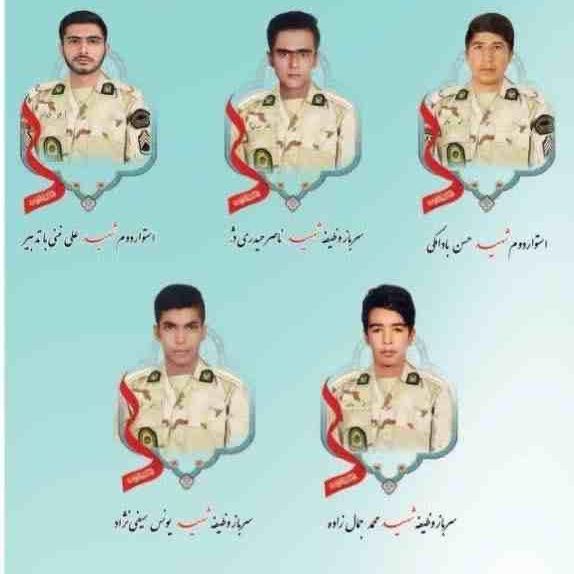
At least five Iranian patrol officers died on Saturday in a clash with what the regime calls “terrorists” on the Pakistani border.
Iranian media reports that the border guards spotted a group of armed men near the border in Saravan, in the southeastern province of Sistan and Baluchestan.
The five officers were killed in the ensuing confrontation with the “terrorist group” on Saturday night.
Two other guards were left seriously injured and are in a critical condition, it was also reported.
There is no information about the affiliation of the armed group, but several Baluch groups from the area are fighting an insurgency against the Islamic Republic.
The most prominent is Jaish al-Adl, which has often targeted Iran's military, especially the Islamic Revolutionary Guard Corps (IRGC).
Saturday’s clash comes only a few weeks after the head of the Saravan Intelligence Police, Alireza Shahraki, was shot dead by unidentified gunmen.
Baluchestan news website Halvash reported that Shahraki had used "extremely violent" methods against detainees for years.
In recent months, the situation in Sistan-Baluchistan has dramatically worsened. The area’s cities have become very tense, especially on Fridays, when residents come out to protest against the regime.
There have reports of numerous attacks on military and government forces in the province in the months since the death in custody of Mahsa Amini last year sparked protests nationwide.
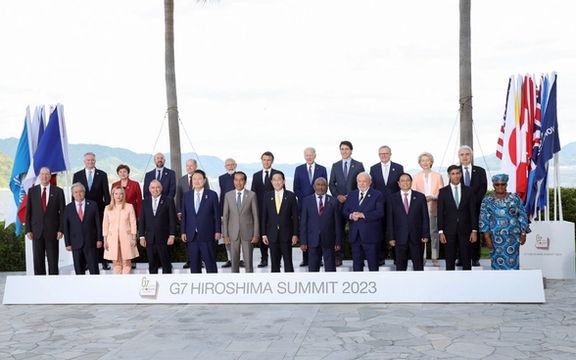
Iran received two international rebukes this week, one by G7 countries meeting in Japan and another by the Arab League summit held in Saudi Arabia.
The G7 summit strongly criticized Iran’s nuclear, human rights and regional policies in its final communiqué in direct and no uncertain terms.
The main trust of the G7 statement was Iran’s nuclear program, which is advancing by more uranium enrichment, without much international monitoring or the prospect of an agreement to limit its scope.
“We reiterate our clear determination that Iran must never develop a nuclear weapon. We remain deeply concerned about Iran’s unabated escalation of its nuclear program, which has no credible civilian justification and brings it dangerously close to actual weapon-related activities,” the final communiqué said.
However, the G7 also reiterated that a diplomatic solution “remains the best way to resolve this issue.”
Talks lasting 18 months form April 2021 to August 2022 between the signatories of the 2015 JCPOA nuclear accord reached a deadlock last September, and the United States pulled back from the process, saying that Iran destroyed the chances for a deal in the 11th hour.
The Arab League meeting in Jeddah, Saudi Arabia did not mention Iran in its final declaration, but one particular clause was clearly aimed at Tehran’s regional activities aimed at building armed proxy groups in Arab countries.
“We call for stopping foreign interference in the domestic affairs of Arab countries and categorically reject all support for the formation of armed groups and militias outside the scope of state institutions,” the statement said.
However, it was reported that two other sections in the draft document were deleted from the final declaration. One reiterated Arab support for territorial claims by the United Arab Emirates from Iran, and the other a positive remark about restoration of ties between Riyadh and Tehran.
The UAE has periodically raised the issue of three small islands in the Persian Gulf that the former Iranian imperial government took over in 1971 as British forces guarding the littoral Arab sheikdoms withdrew from the region.
Iranian media reported Sunday that the two sections were deleted from the final declaration apparently as a result of a compromise.
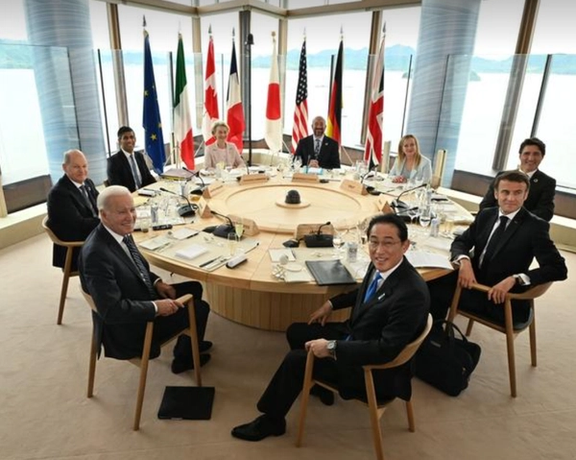
Which Arab League states objected to the inclusion of the territorial claim remains unclear, but the presence of Iran’s ally, Syria’s Bashar al-Assad at the summit could have played a role. It would have been extremely embarrassing for Assad to put his name on a statement that would include such a demand while he still depends on the Iranian regime both militarily and economically.
Iran is still unhappy with the Arab summit despite this victory. Foreign ministry spokesman Nasser Kanaani Sunday criticized the language in the final communique, saying Iran expected the meeting to forego “repetitive and tiresome claims” against Iran.
However, the more serious rebuke Iran received was undoubtedly the G7 declaration, which also slammed Tehran’s human rights record, its regional policies, and its military support to Russia in its invasion of Ukraine.
“We express our grave concern regarding Iran’s continued destabilizing activities, including the transfer of missiles, unmanned aerial vehicles (UAVs) and related technologies to state and non-state actors and proxy groups, in breach of UNSCRs including 2231 and 2216.”
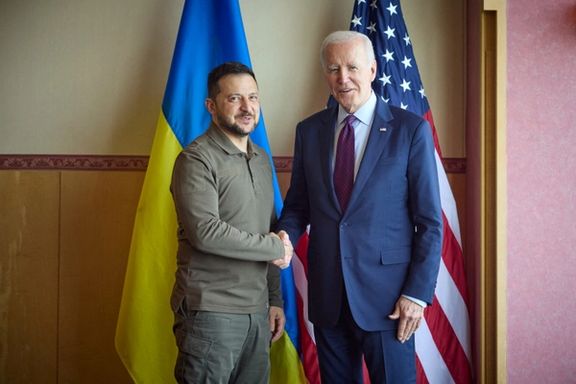
The tone of the G7 statement about violations of UN resolutions is ominous for the Islamic Republic.
The accumulation of its unabated uranium enrichment, regional interventions that fueled recent Israeli Palestinian fighting, and its provision of weapons for Russia can all add up and lead to an effort by the West to revive international sanctions against Tehran.